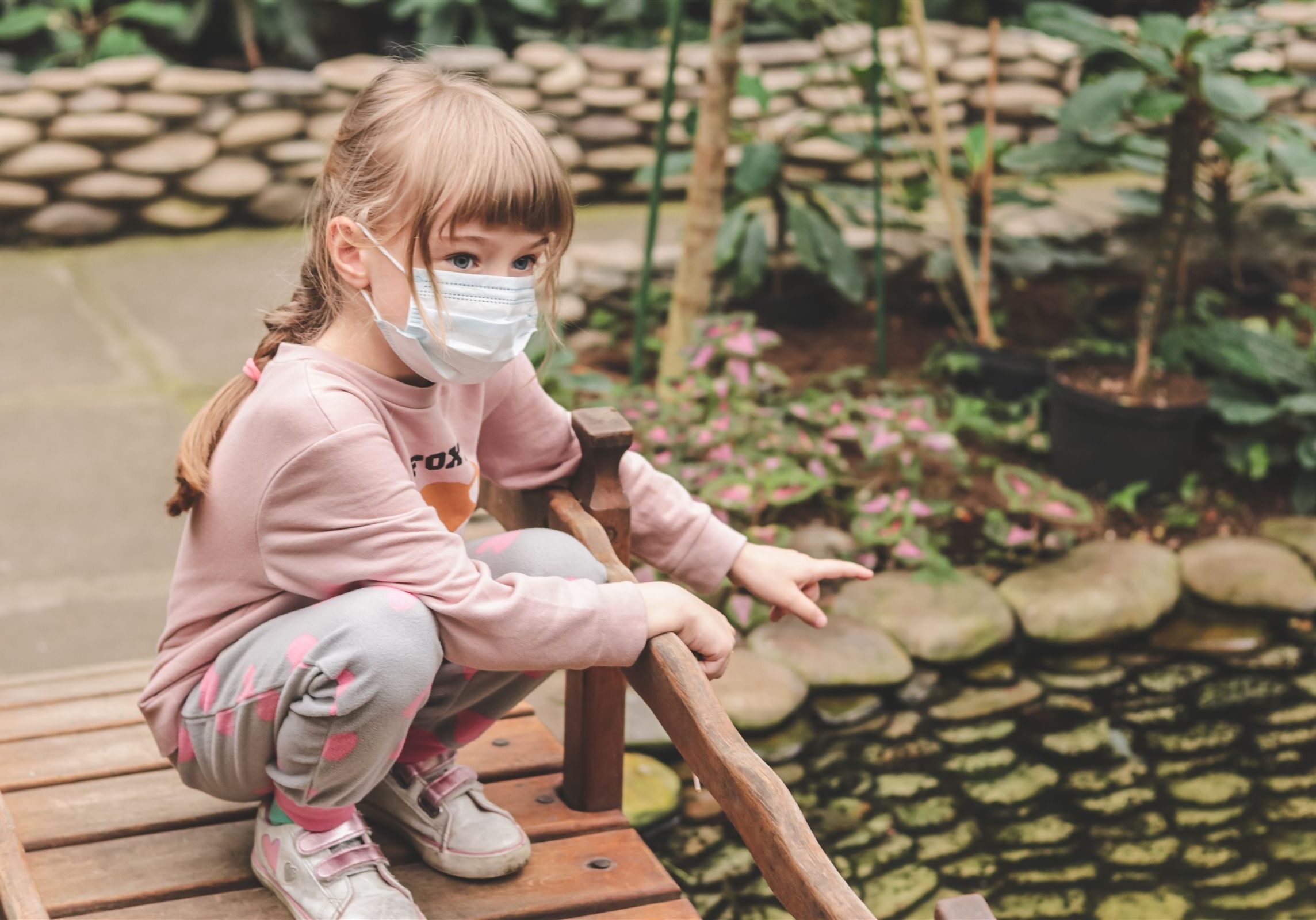Did the Pandemic Interrupt Your Child’s Social, Speech, and Motor Development?
November 7, 2022

Some important takeaways
- No child is behind because of the pandemic. They are exactly where they should be based on what they have been through.
- You, as parents, have done nothing wrong. Please show yourselves grace and compassion.
Resist comparing your child to others
Each child is their own unique individual. When asking your child about their day, some children will want to tell you a million things as soon as they get in the car, while others will need a moment to decompress before they open up. Veena Raghuvir, Renbrook’s Lower and Beginning School Counselor, says, “Take cues from your child. Perhaps they will be ready to talk at dinner or when you are lying next to one another at bedtime.” One parent shared that she plays calming music in the car when she picks her children up. After a moment of silence, she noticed that they had begun talking to one another about their days first!
Help your child to develop their expressive language by narrating the day together. This exposes children to new vocabulary and descriptive language. Ask them to tell you what they see in the illustrations of a book in addition to reading the words. Model language for them instead of correcting them.
Get curious
When you take your child to an event, they may seem over-stimulated, cling to you, and refuse to join the group. Use this moment as an opportunity to get curious about what your child might be feeling instead of trying to push them to do what the other children are doing. Ask yourself:
- Is it too noisy?
- Do they need you to look around with them and make some observations together first?
- Do they need you to help them connect with another child?
When your child is upset, ask them what they are feeling. If they are unable, consider saying, “It seems like you are scared (sad, mad, frustrated…”).” Naming the emotion will help you both to develop a strategy for addressing what they are feeling. Some children may be unable to talk about their feelings (or apologize) in the moment. They may need the space to calm down first. More language and more conversation can further overwhelm a child.
Being responsive to their needs
Your children accomplish a major feat by attending school and navigating different adults, children, and spaces all day. After-school activities may be too much for your child. If this is the case, try time at the park first or a playdate with one child. Do this on the weekend instead of after school when they may be tired.
If they are interested in attending an afterschool class but seem distracted by checking to see if you are there every few minutes, ask them what they need from you in those moments. Do they feel scared? Do they want you to see what they are doing? Next time, say you will stay for 20 minutes, and then you need to step away and make a call for the last 10 minutes. Each time helps them to become less reliant on your presence.
Improvement is success
Create small, short opportunities for them to work towards a larger goal:
- 5 minutes of independent play
- 10 minutes without you watching a class
- 15 minutes of safe hands and feet
Catch your child doing good with a star or a sticker at every interval. Start with what they can do and build from there. All of us, even adults, are more willing to try something that is difficult if we know what we can do!
Posted in Academics